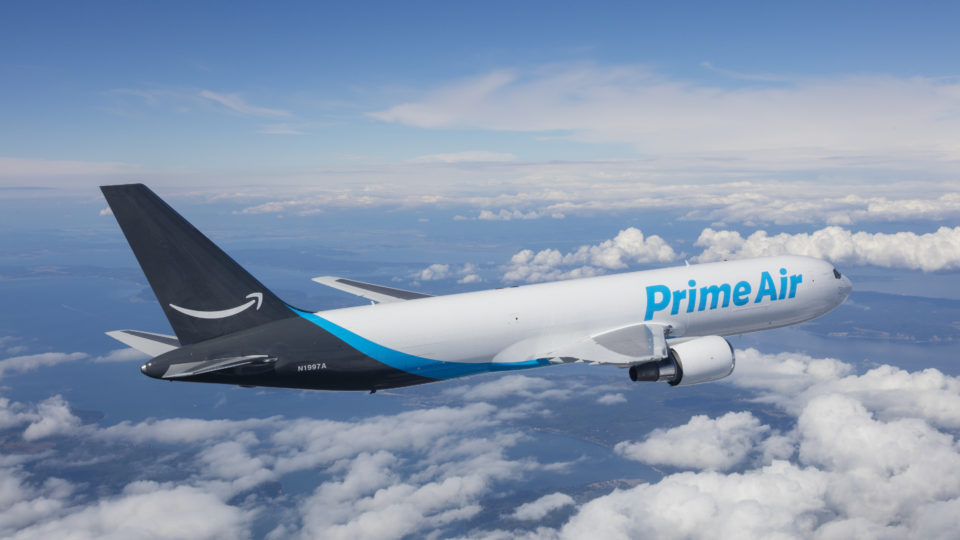Anyone who gets packages from Amazon is familiar with the plastic air pillows used to keep products safe in transit. Amazon uses almost 15 billion of them a year in North America.
Environmentalists have been urging Amazon and other vendors to cut down on the use of plastic packaging. The air-filled plastic pillows are made from plastic film, which is the most common form of plastic litter found in the sea and in seabeds along the shore. Plastic film can be deadly to wildlife such as sea turtles and sea birds. Plastic film generally can’t be composted or recycled either.
Recently, Amazon announced that it will replace its plastic pillows with recycled paper filler in all its North American markets – the United States, Canada, and Mexico – which together account for more than 70% of the retailer’s global sales. It is already making the switch in a big way and is working towards fully removing the plastic materials by the end of the year.
Replacing plastic packaging with paper is a definite improvement. Paper is recyclable and biodegradable. It isn’t perfect: if it ends up in landfills, it can contribute to methane pollution as it biodegrades. But, on the other hand, paper packaging is more likely to be recycled.
Stemming the tide of plastic waste is an ongoing effort by environmental and consumer groups. There is pending legislation in New York that aims to reduce the use of plastic packaging by 50% over 12 years by requiring manufacturers to either replace it or pay fees. The bill cleared the State Senate but has not come up to a vote in the Assembly. Similar legislation has already been passed in California, Oregon, Maine, and Colorado.
**********
Web Links
Amazon Says It Will Stop Using Puffy Plastic Shipping Pillows
Photo, posted November 20, 2018, courtesy of Todd Van Hoosear via Flickr.
Earth Wise is a production of WAMC Northeast Public Radio



















